Content Filter:
February 11, 2020
Polish coal boiler phase-out an inspiration for clean heat
It all started in Krakow, Poland. The medieval city is known for its beauty, but also for poor air quality from coal heating. In 2012, a group of local residents joined together and founded the organisation Krakow… View Summary +
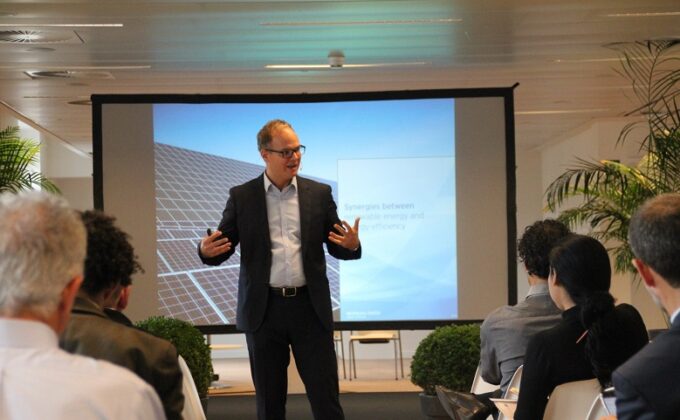
December 20, 2018
A perfect match: Using carbon revenues to finance energy efficiency
- Catharina Wiese ,
- Richard Cowart
Europe is racing to meet ambitious 2030 and 2050 climate goals but is still stumbling over one of the foundation stones of a cost-effective clean energy transition—investments in end-use energy efficiency. While this month’s “yellow vest” protests in France are… View Summary +

June 27, 2018
The carbon floor price—a hammer in need of a toolbox
“If your only tool is a hammer, every problem looks like a nail,” goes the saying. In the context of climate policy, the leading hammer is carbon pricing. To many economists and carbon market enthusiasts, putting a price on carbon… View Summary +

March 23, 2018
Small district heating systems key to improving Poland’s air quality
- Edith Bayer ,
- Richard Cowart
Small, coal-fired district heating systems are a major source of air pollution in Poland. Applying EU regulations would go some way toward solving this problem, write Edith Bayer and Richard Cowart of global energy policy advisors Regulatory Assistance Project (RAP),… View Summary +
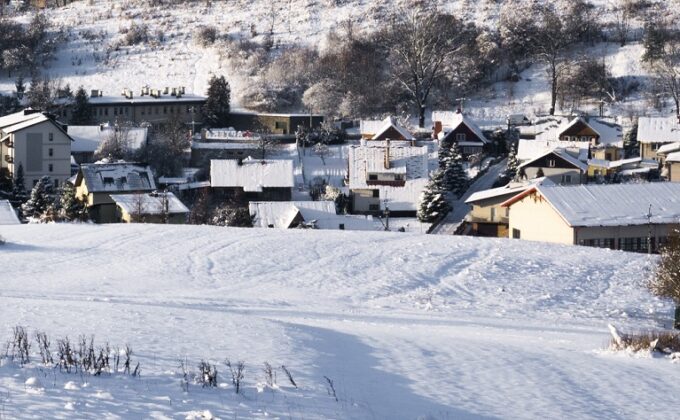
March 7, 2018
Don’t be fooled: ‘Efficiency First’ is a necessary discipline
- Jan Rosenow ,
- Richard Cowart ,
- Edith Bayer
The idea of “Efficiency First” is on the line in ongoing EU talks. Member States must realise that this is no mere slogan but a real necessity, write Dr. Jan Rosenow, Richard Cowart, and Edith Bayer. According to a… View Summary +
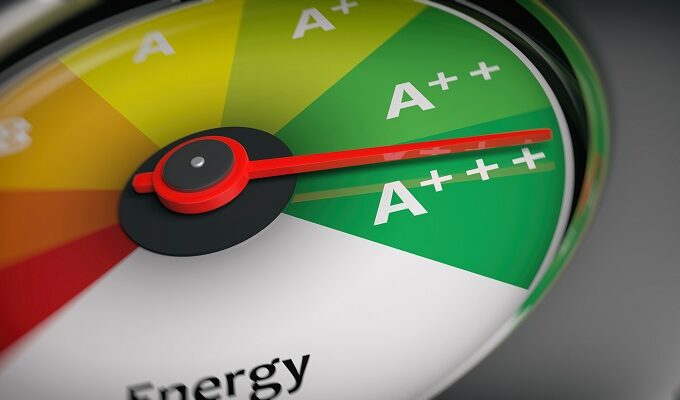
October 17, 2017
The Clean Growth Strategy puts faith in energy efficiency – here’s how to do it
The UK government’s new Clean Growth Strategy gives quite a lot of priority to energy efficiency. That’s good news, write Jan Rosenow and Richard Cowart. What’s needed next is to develop the policies that actually deliver the goods. This can be… View Summary +
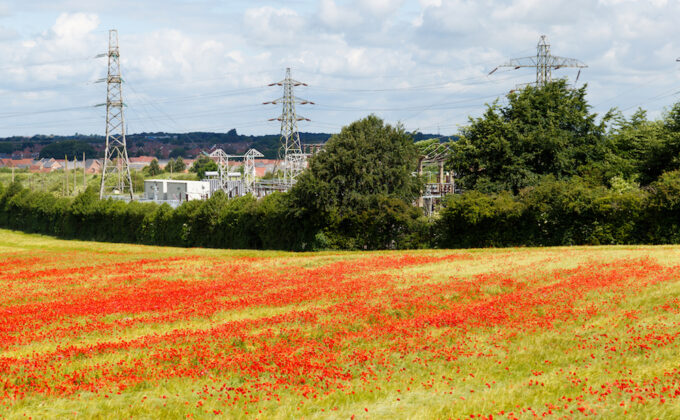
June 19, 2017
European Council set to wipe out energy efficiency progress, leading to a decade of higher energy costs
Saving energy saves money, improves security, lowers emissions, and makes it easier to meet renewable energy and climate goals. That’s why energy efficiency is the sensible foundation for the Energy Union and the 2030 Clean Energy Package now under review:… View Summary +
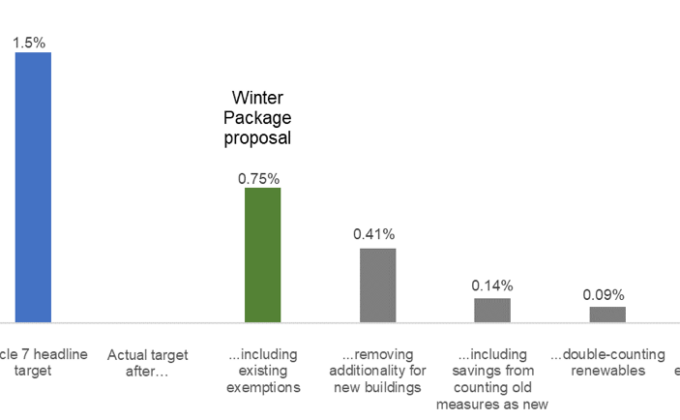
March 13, 2017
Don’t Throw Out the Energy Efficiency Baby with the Brexit Bathwater
- Jan Rosenow ,
- Pedro Guertler ,
- Richard Cowart
Will Brexit put energy efficiency progress in the UK at risk, ask Jan Rosenow and Richard Cowart of RAP and Pedro Guertler of the Association for the Conservation of Energy? In electric appliances and heating systems—probably not. The biggest risk… View Summary +

July 20, 2016
We Need a Lorry-Load of Energy Savings; in the new ECO, the Government Delivers a Hatchback
The United Kingdom was once a world leader in energy savings. We proved that investing in buildings, insulating lofts, and switching to efficient boilers, motors, and lighting created jobs, saved money, and lowered the environmental costs of energy systems. But… View Summary +
April 28, 2016
Energy Efficiency in the UK: Time to Get Out of Reverse Gear
In recent years across the UK, citizens, government, and the business community have all demonstrated a willingness to lead the world in the fight against climate change. So the mystery today is: Why is the UK walking away from energy… View Summary +
